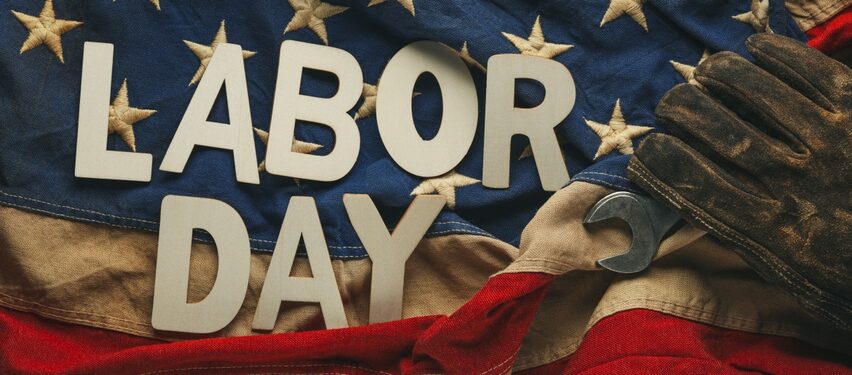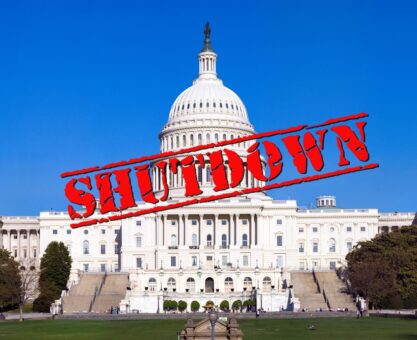Labor Day, celebrated on the first Monday in September, is more than just the unofficial end of summer; it’s a holiday rooted in the fight for workers’ rights. Its origins stretch back to the late 19th century, when American workers faced grueling conditions: 12-hour shifts, seven-day weeks, low wages, and unsafe factories. Against this backdrop, the first recognized “parade” was held on September 5, 1882, in New York City. Around 10,000 workers marched from City Hall to Union Square, pressing for shorter workdays and fairer pay. The parade, complete with speeches and picnics, set the tone for the celebrations we still see today.
The holiday’s creation is often credited to Peter J. McGuire, co-founder of the American Federation of Labor, though some historians point to Matthew Maguire of the Central Labor Union. Either way, their efforts helped spark a movement. Oregon became the first state to recognize Labor Day in 1887, and by 1894, President Grover Cleveland declared it a national holiday, ironically, in the wake of the deadly Pullman Strike that year. The September date was chosen as a midpoint between Independence Day and Thanksgiving, and to avoid ties to the socialist-leaning May Day observed abroad.
Beyond history, the weekend also fuels consumer spending: in 2024, Americans spent $90 billion on travel and back-to-school sales. That travel rush set records too, with TSA screening 8.5 million passengers, the busiest Labor Day weekend in its history.
But as we mark Labor Day 2025, the holiday’s connection to worker advocacy feels particularly relevant for federal employees. Federal unions, like the American Federation of Government Employees and the National Treasury Employees Union, represent hundreds of thousands of workers and trace their legal foundation to President Kennedy’s 1962 executive order granting limited bargaining rights. Yet, much like the labor activists of the 1880s, today’s unions face an uncertain future.
Recent months have seen a significant escalation in federal efforts to curb union influence. Agencies deemed critical to national security canceled collective bargaining agreements. Court rulings have largely permitted these rollbacks to move forward, allowing the administration to reclaim resources previously used for union purposes and streamline disciplinary processes, all in the name of operational efficiency. Critics argue this undermines worker morale, recruitment, and staffing, particularly in sensitive areas like veterans’ services, while supporters counter that it removes obstacles to agency responsiveness and accountability.
Labor Day began as a call for fair treatment, and while today’s parades, barbecues, and retail sales dominate the spotlight, its spirit endures. For federal workers facing the reality of reduced bargaining power, the holiday is a reminder that the fight for workplace rights is never truly over.



























